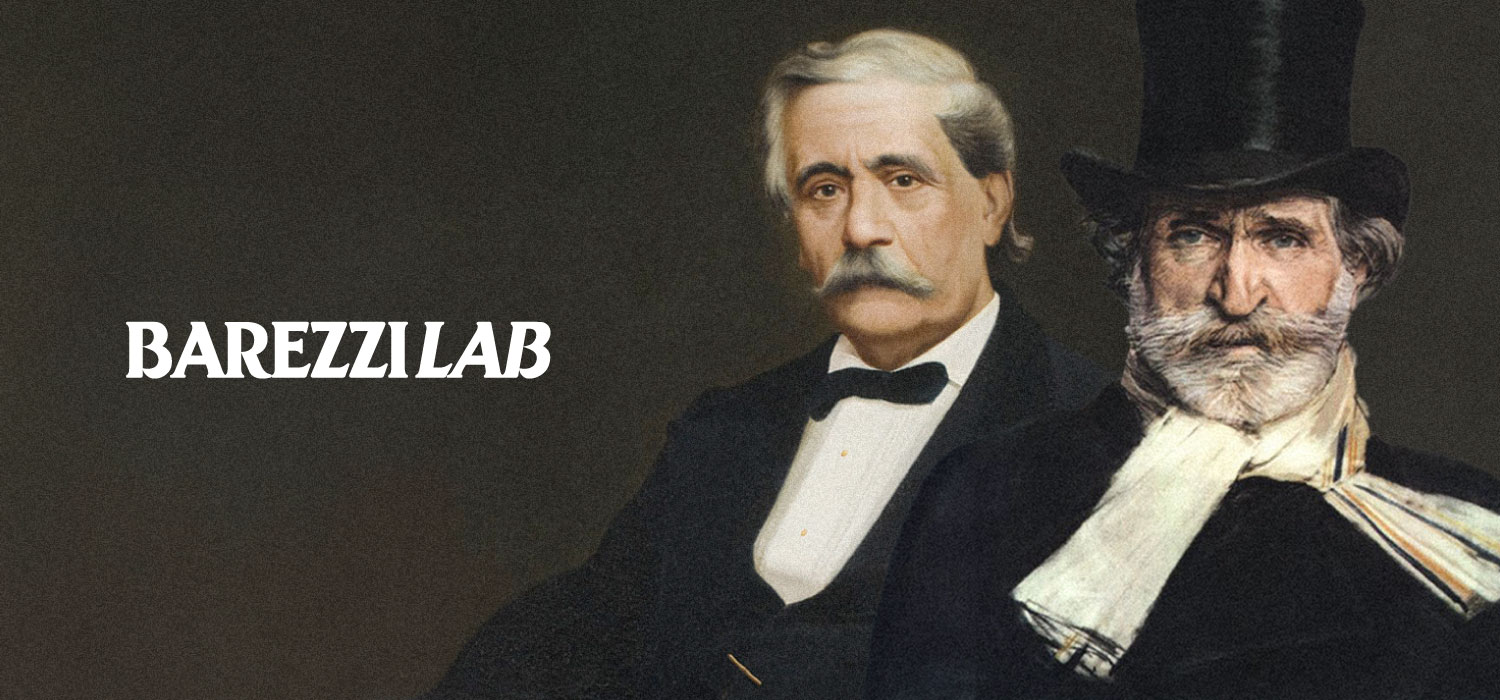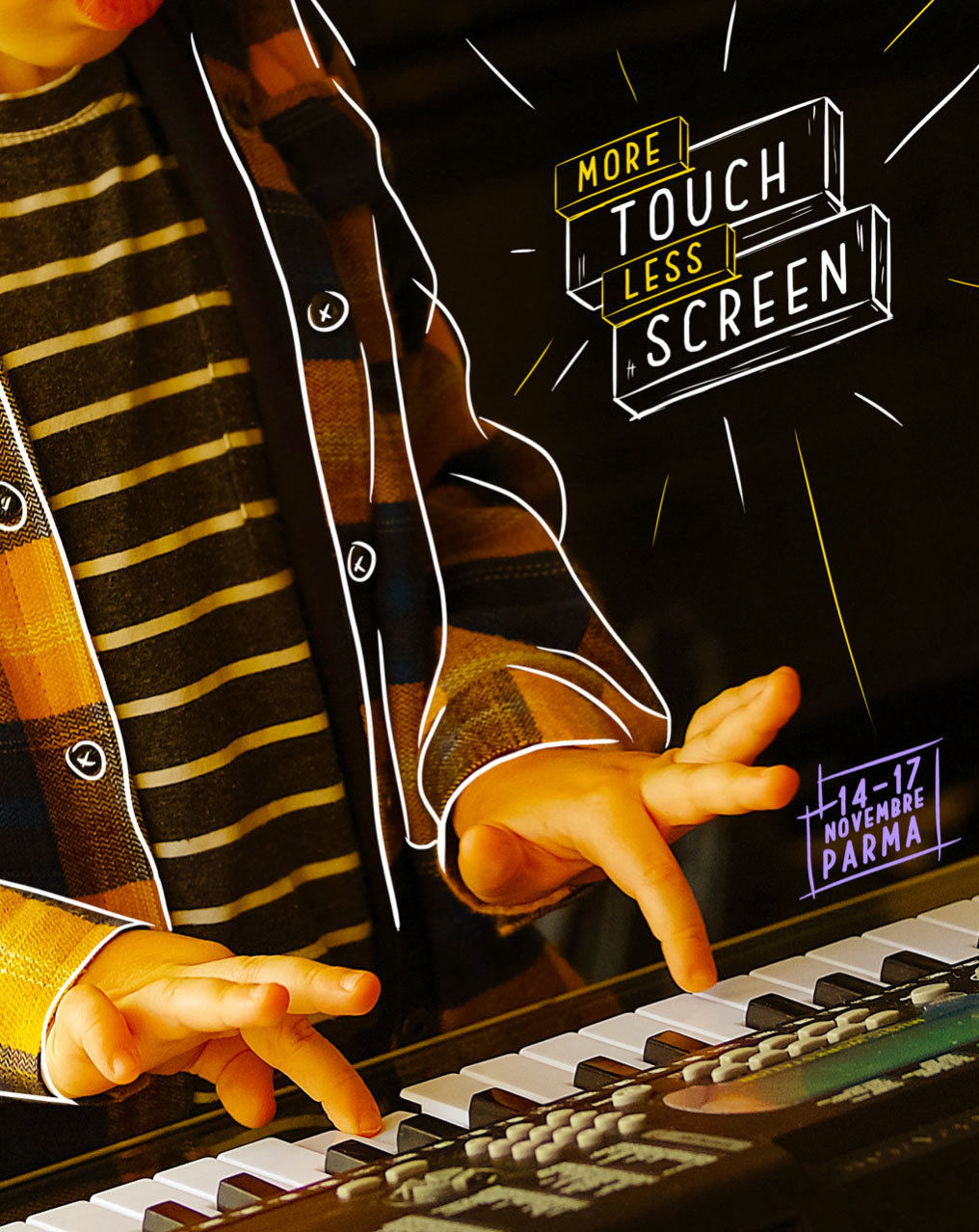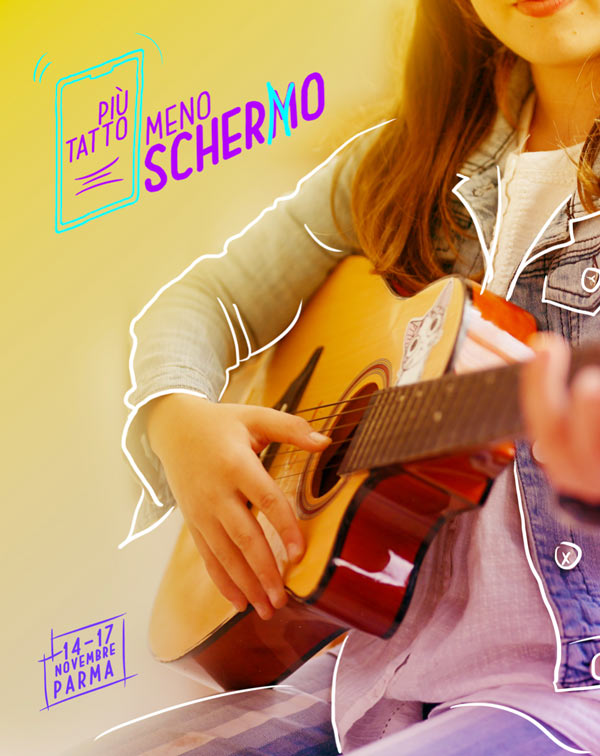
Emerging Italian artists confront Giuseppe Verdi during October and November 2024 as his young audience (11-14 years old) discovers the power of music and learns to listen to it.
The project gives new light, atmosphere, sounds, and suggestions to Verdi’s pieces, reinterpreted according to the multiple languages of contemporaneity. The protagonists of the Barezzi Lab are, on the one hand, more than 60 artists or bands who, distinguished in recent times for their originality, talent, and quality, have been invited to perform reinterpretations of pieces from Verdi’s repertoire, according to their respective musical languages, plus 2 pieces from their own repertoire. In a mirror-image manner, some conservatory students, supported by a contemporary music arranger, will try their hand at reinterpreting well-known pop pieces in classical and symphonic form.
On the other hand, another protagonist is the audience, made up of young boys and girls from secondary schools in the province of Parma, and of course the festival’s young guests. Over 3,000 youngsters will fill four prestigious 19th-century theatres in the province of Parma:
Teatro San Vitale di Fontanellato, Teatro Pallavicino di Zibello, Teatro Verdi di Busseto, Teatro Magnani di Fidenza, and the grand finale that will take place in the ‘Casa della Musica’ in Parma.


In this special edition of 2024, with the eighteenth-year anniversary, we have decided to turn our attention precisely to those who experience moments of vulnerability and fragility before coming of age and to those who were the beginnings of the Barezzi Festival. In this historical moment, given the urgency and social challenge of the abuse of technology, within the Barezzi Lab, we dedicate special attention to the adolescents of our community with the hope of strengthening ties with our territory and actively contributing to the socio-cultural reality of Parma. The Barezzi Lab accompanies children and adolescents in this exercise and journey of discovery, deepening and re-interpretation and addresses the following challenges.
– Educating the youngest in the pedagogical exercise of ‘discovering, deepening and re-interpreting’, fostering processes of personal and collective identity growth, enhancing the richness of the artistic and cultural heritage.
– Generate and consolidate aggregations and bonds within communities and the territory.
– Disseminating and promoting tools to protect the young, especially the vulnerable, from behavioral disorders and addictions caused by the use and abuse of technology.
We firmly believe that culture and education represent powerful tools for social cohesion and transformation that produce, in the medium and long term, lasting benefits also for economic development. Thus, we set out on a journey, a universal reflection to be shared, a challenge to be faced together and which we can encapsulate in two guiding principles:
“More Touch – Less Screen”
“Più tatto – meno schermo meno scherno”.
